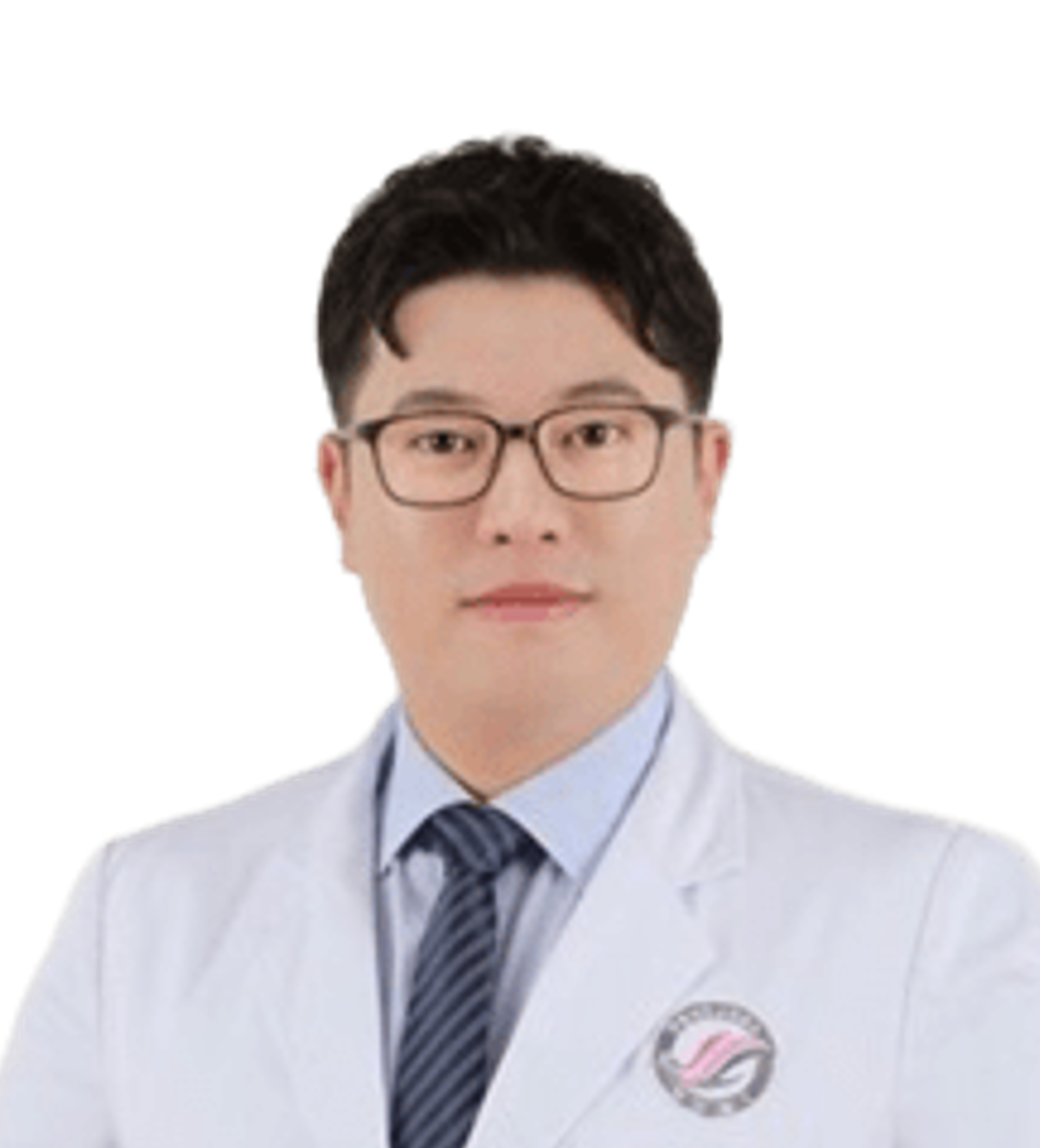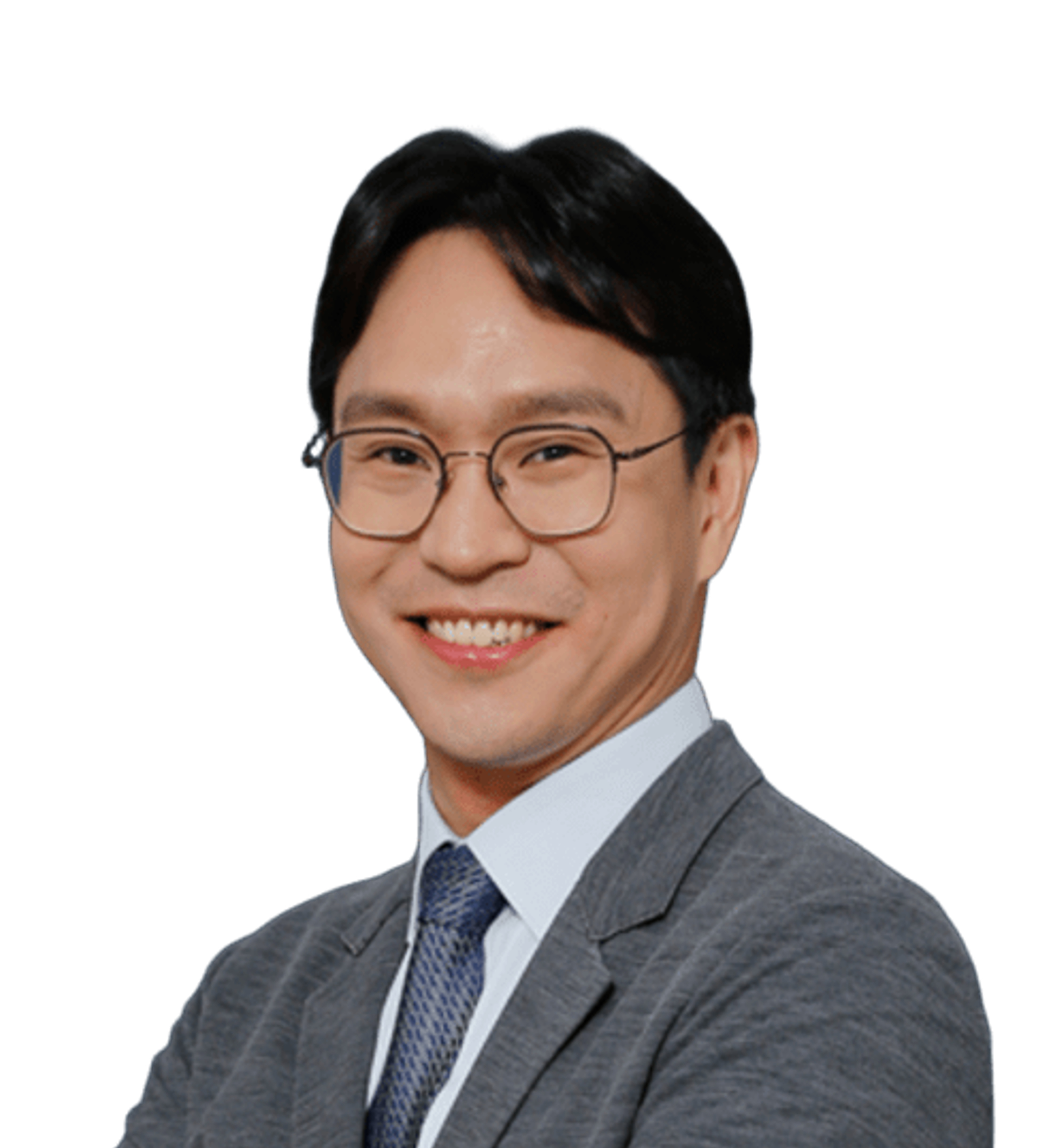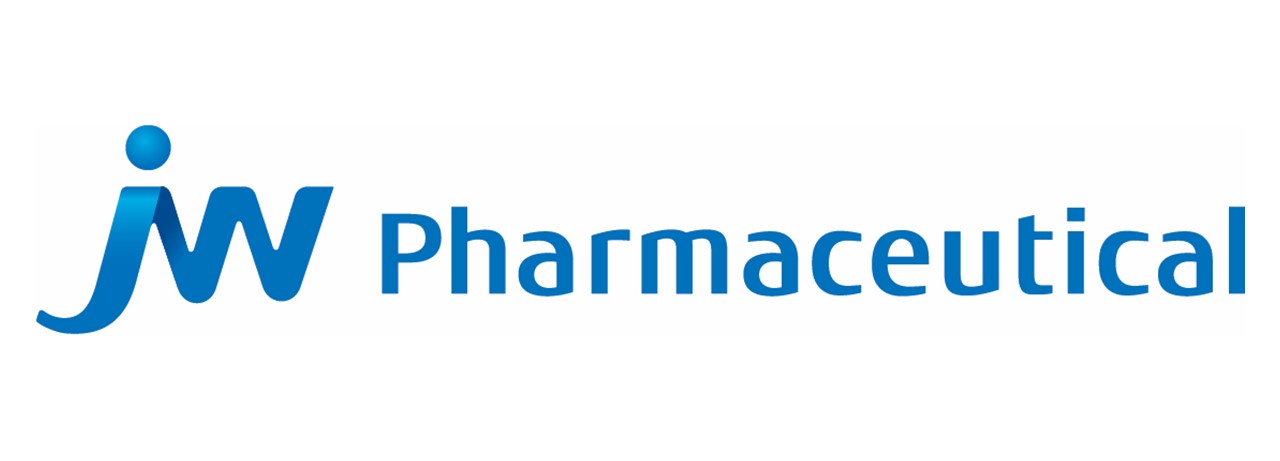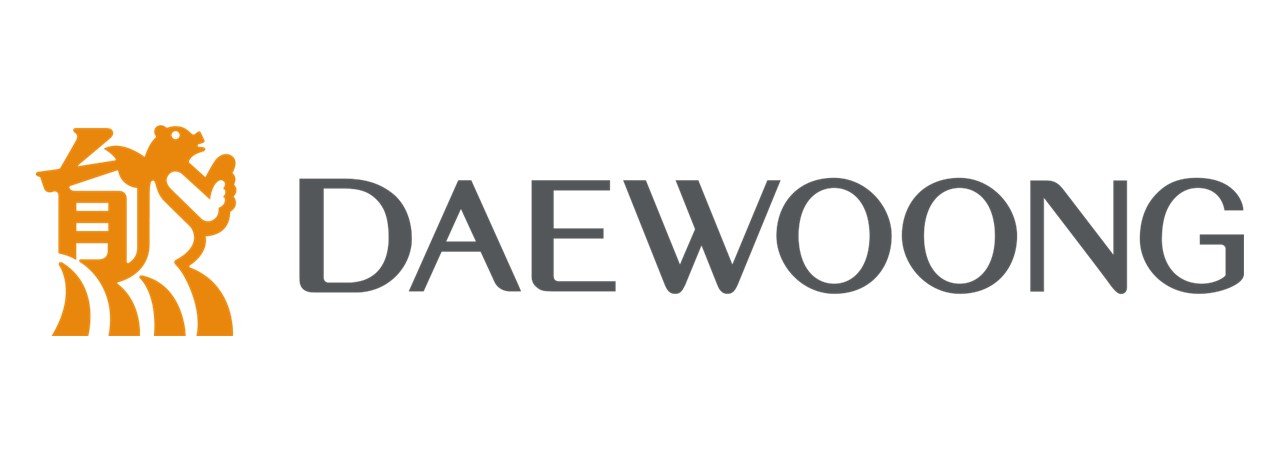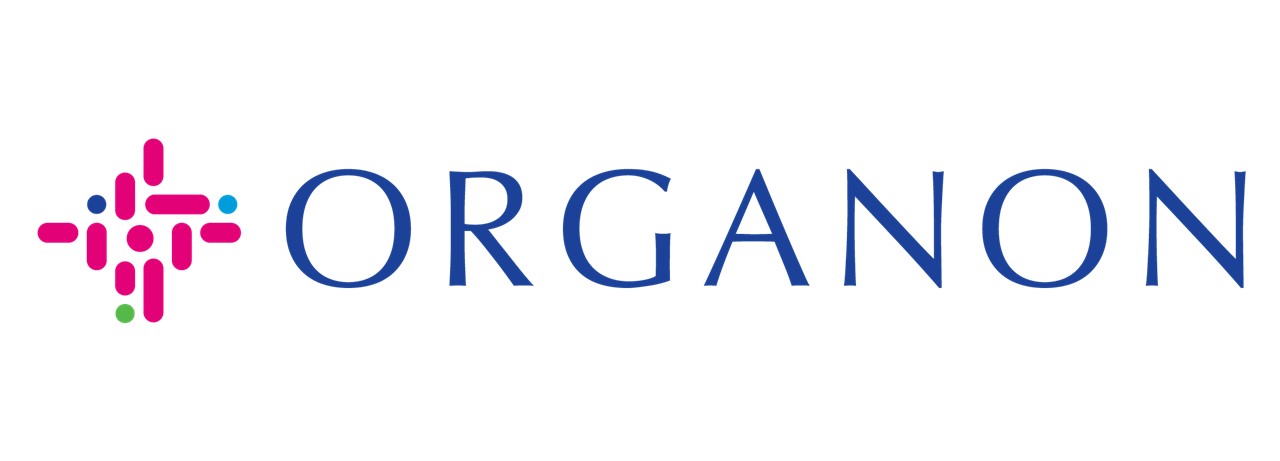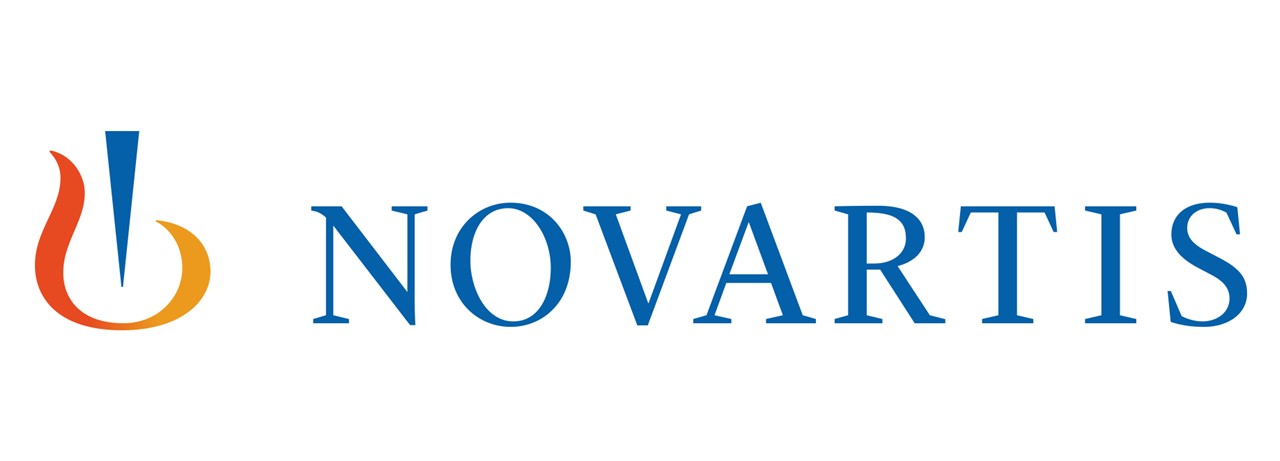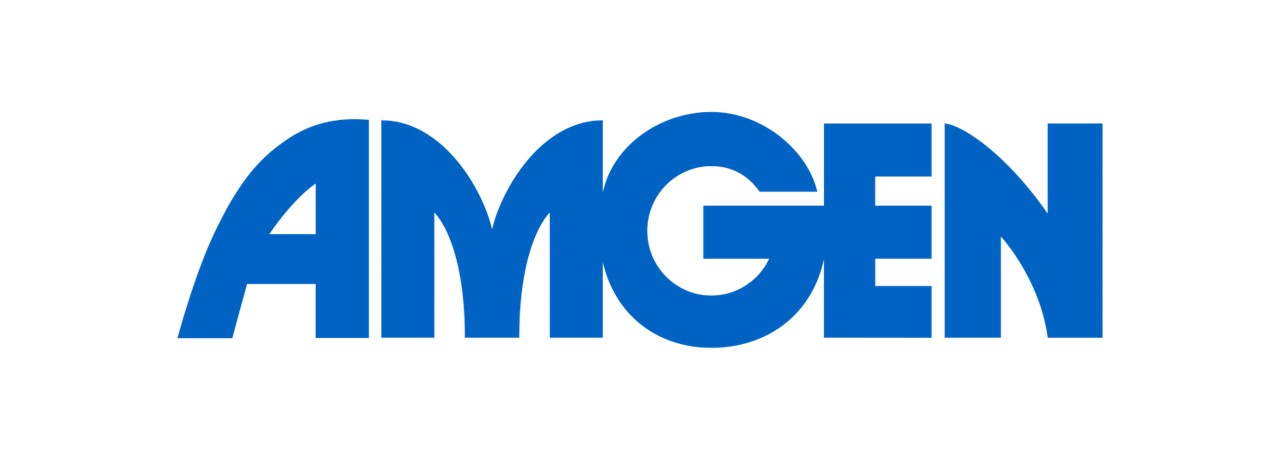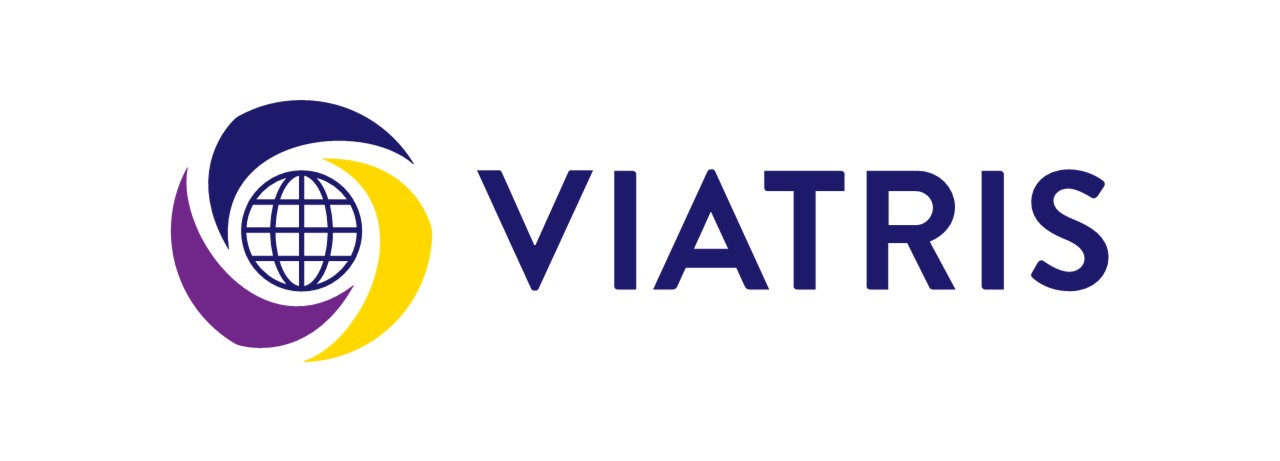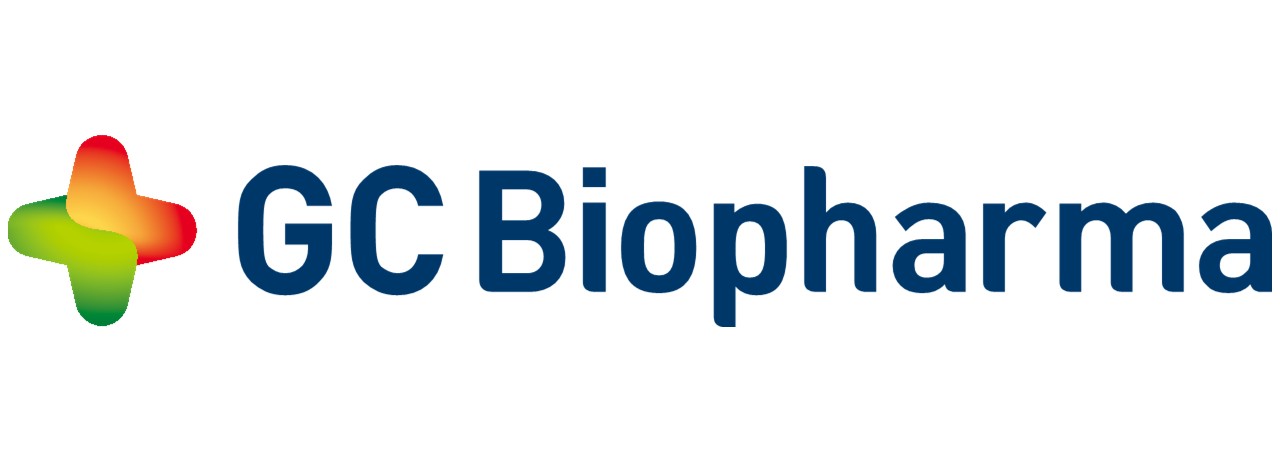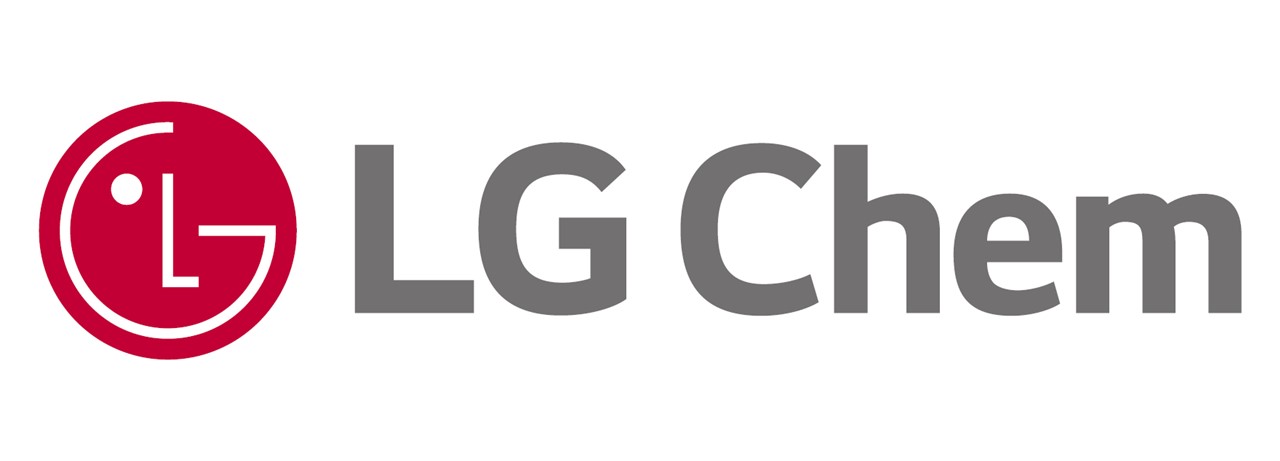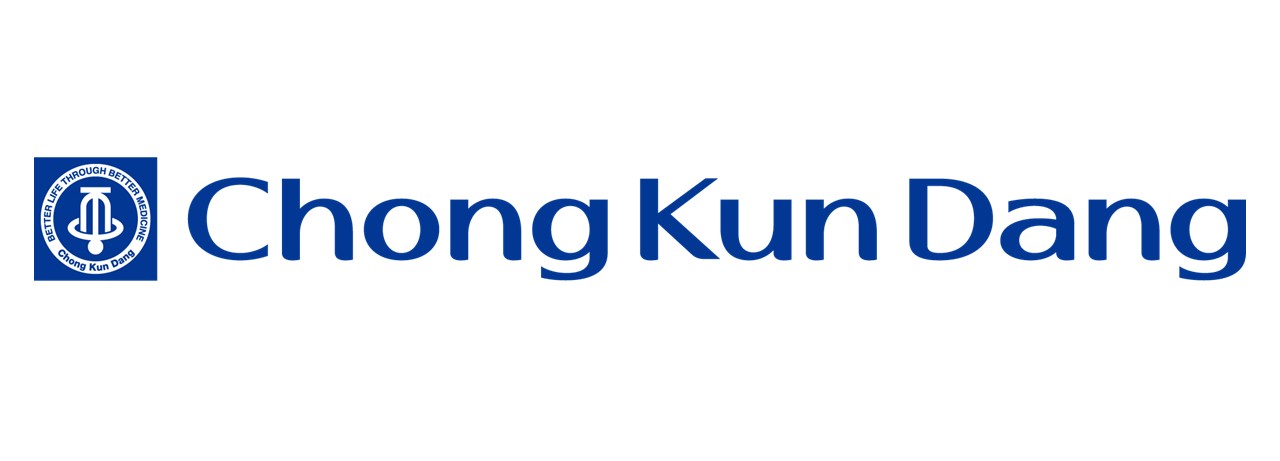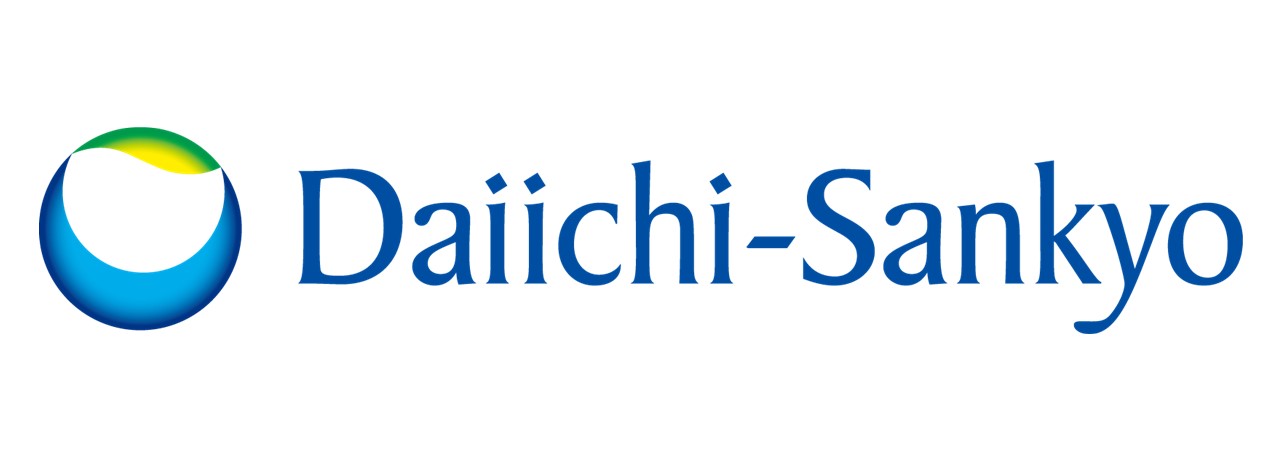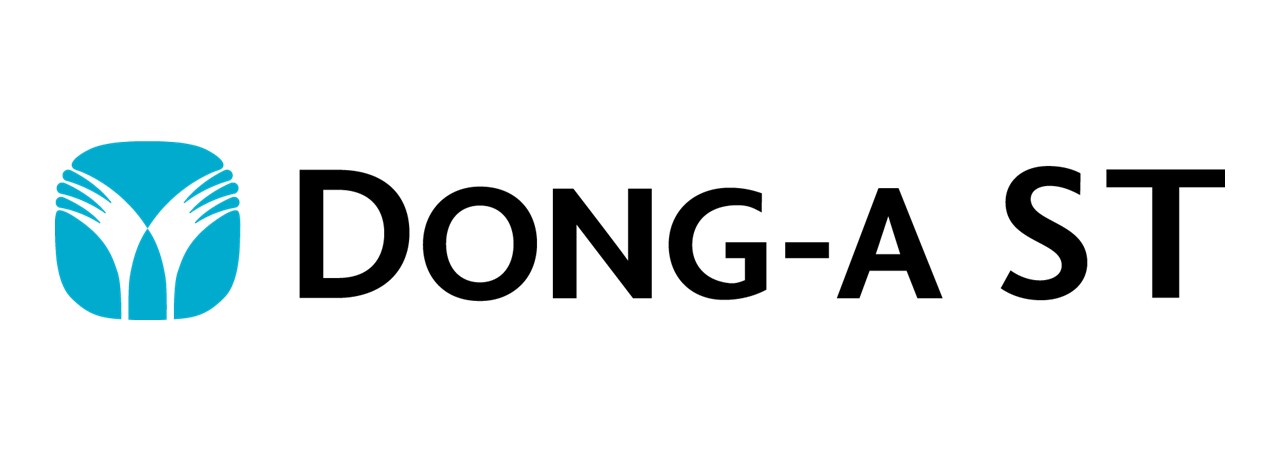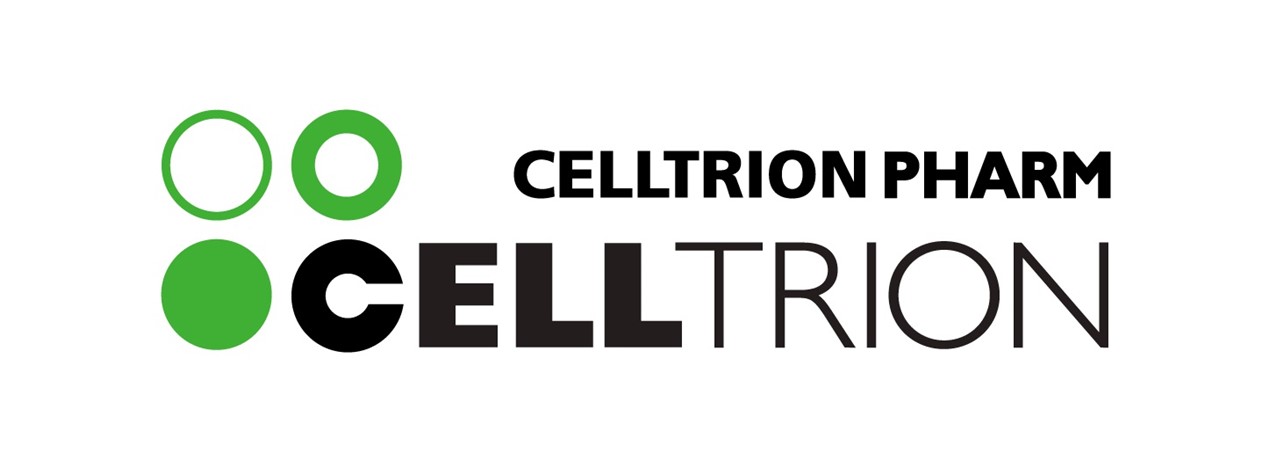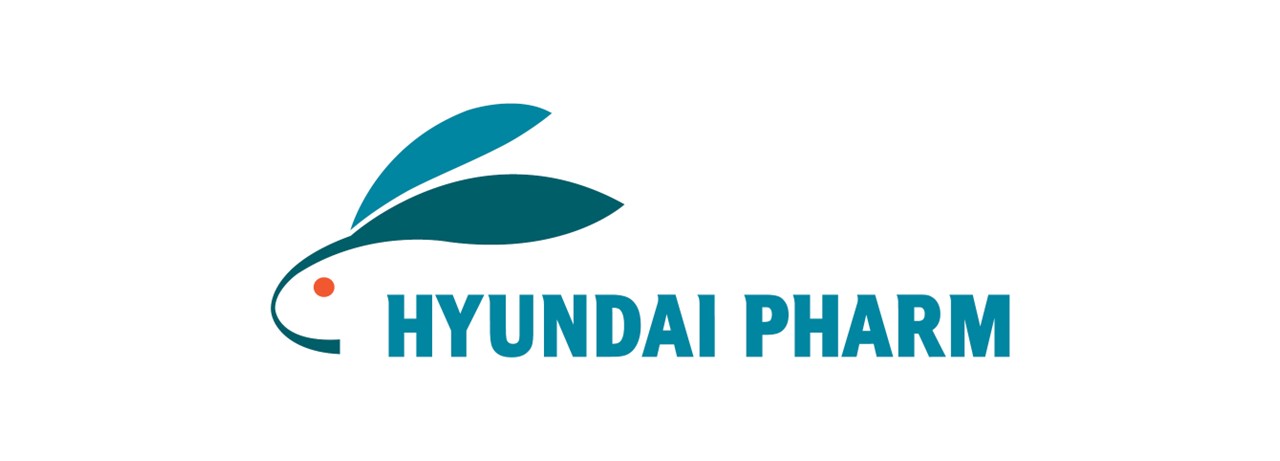Chairperson(s) : Hyun-Sook Kim (Sookmyung Women's University, Republic of Korea), Eun Mi Kim (Sungkyunkwan University, Republic of Korea)
Panel(s) : Hyunju Kang (Keimyung University, Republic of Korea), Jeongseon Kim (National Cancer Center, Republic of Korea), Hoyoun Won (Chung-Ang University, Republic of Korea)
DetailSymposium 2, titled “Cutting-edge Nutritional Approach for Cardiometabolic Risk Strategies,” will highlight the latest research in nutritional science aimed at preventing and treating cardiovascular and metabolic diseases. Professor Jordi Merino Ribas (University of Copenhagen, Denmark) will examine the interplay between molecular and environmental factors in the new era of precision medicine, laying the foundation for personalized nutritional strategies. Professor Hyun Ju You (Seoul National University, Republic of Korea) will assess the relationship between the human microbiome and cardiometabolic health. Dr. Hyekyoung Sung (York University, USA) will then present in-depth insights into the nutritional regulation of iron metabolism in cardiometabolic diseases. These distinguished presentations will feature the efficacy of personalized nutritional interventions in guiding comprehensive prevention and management strategies for cardiovascular and metabolic disorders.
-

Interplay between molecular and environmental factors in the new era of precision medicine
Jordi Merino University of Copenhagen, Denmark 13:00~13:20 -
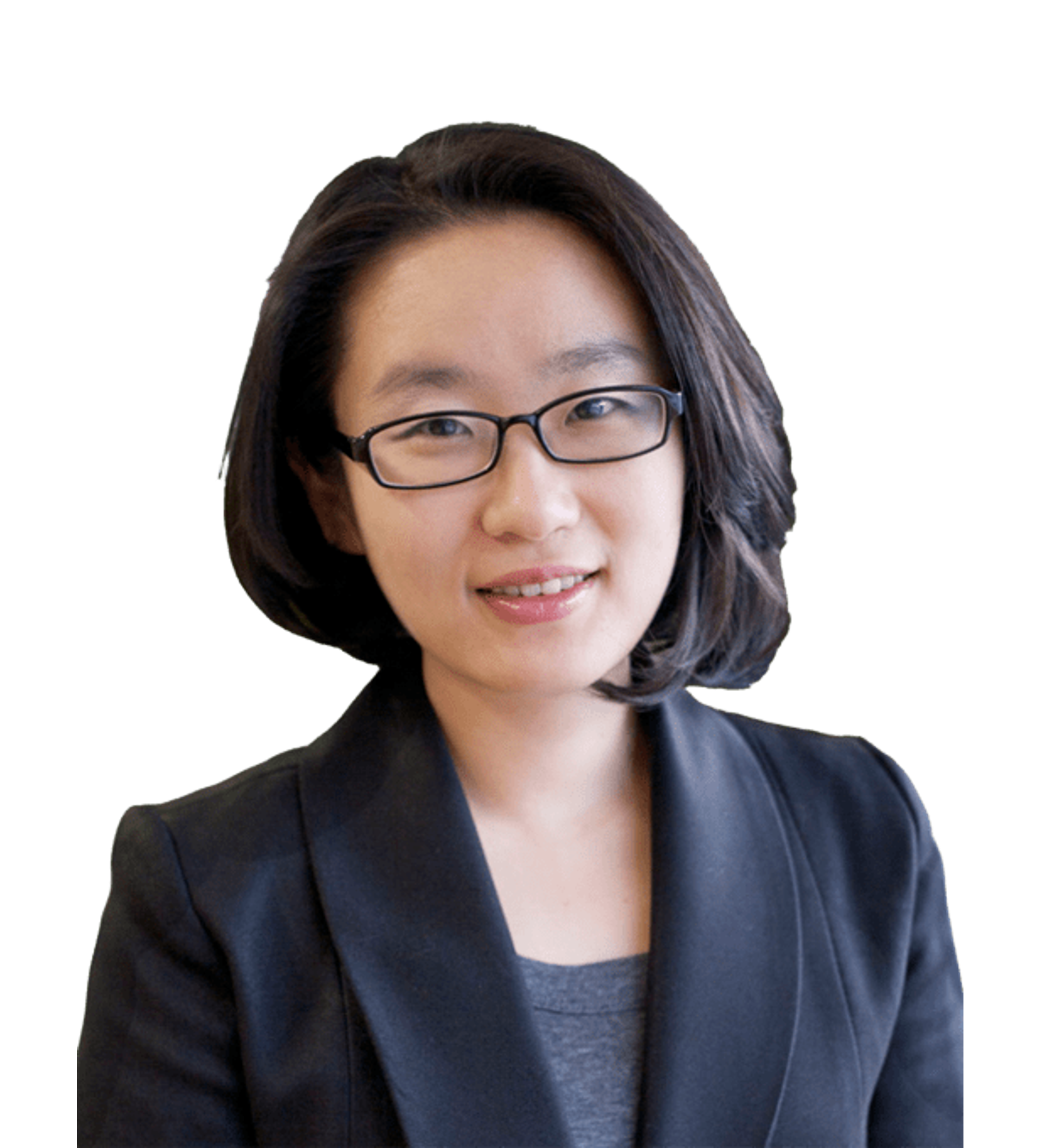
Human microbiome and the path to cardiometabolic health
Hyun Ju You Seoul National University, Republic of Korea 13:20~13:40 -

Iron overload, autophagy dysfunction, and ferroptosis: mechanistic insights into cardiometabolic disease
Hyekyoung Sung York University, Canada 13:40~14:00 - Panel Discussion 14:00~14:30
Chairperson(s) : Hun Sik Park (Kyungpook National University, Republic of Korea), Myung-gon Kim (Catholic Kwandong University, Republic of Korea)
Panel(s) : Dae-Young Kim (Inha University, Republic of Korea), Seok Oh (Chonnam National University, Republic of Korea), Hyung Joon Joo (Korea University, Republic of Korea)
DetailThe rapid advancement of artificial intelligence (AI) is transforming precision diagnostics and risk stratification in atherosclerosis and cardiovascular diseases. In this symposium, leading experts will present the most recent studies leveraging AI for accurate diagnosis and risk assessment of cardiovascular conditions. Professor Paul Leeson from University of Oxford, UK, will provide insights from the PROTEUS randomized controlled trial (RCT), demonstrating how AI-assisted stress echocardiography can enhance the diagnosis of coronary atherosclerosis and cardiovascular risk prediction. Subsequently, Dr. Junmyung Kwon from Medical AI, Republic of Korea, will discuss the application of AI-enhanced electrocardiography technology for early detection of acute myocardial infarction and effective cardiovascular risk stratification. Lastly, Professor SungA Bae from Yonsei University, Republic of Korea, will present findings from the AI-Gatekeeper RCT trial, comparing artificial intelligence-based screening of coronary artery disease with usual clinical care, showcasing its clinical advantages and potential implications. This symposium provides an excellent opportunity to explore how integrating clinical medicine with AI technology is shaping the future of precision cardiovascular medicine.
-

Coronary atherosclerosis and cardiovascular risk prediction through AI-assisted stress echocardiography: insights from the PROTEUS RCT trial
Paul Leeson University of Oxford, UK 14:40~15:00 -
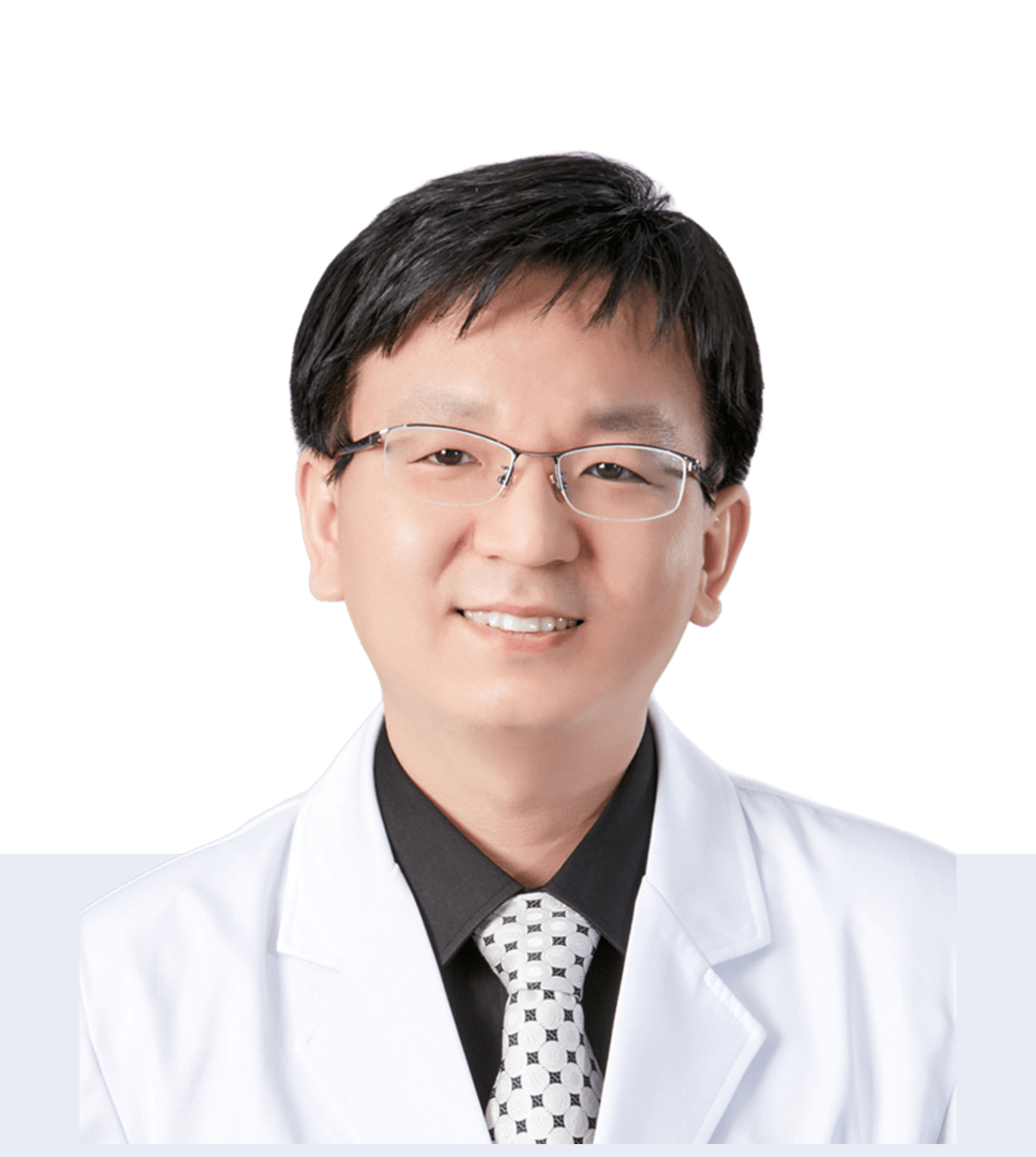
AI-enhanced ECG for acute myocardial infarction detection and cardiovascular risk stratification
Junmyung Kwon Medical AI, Republic of Korea 15:00~15:20 -
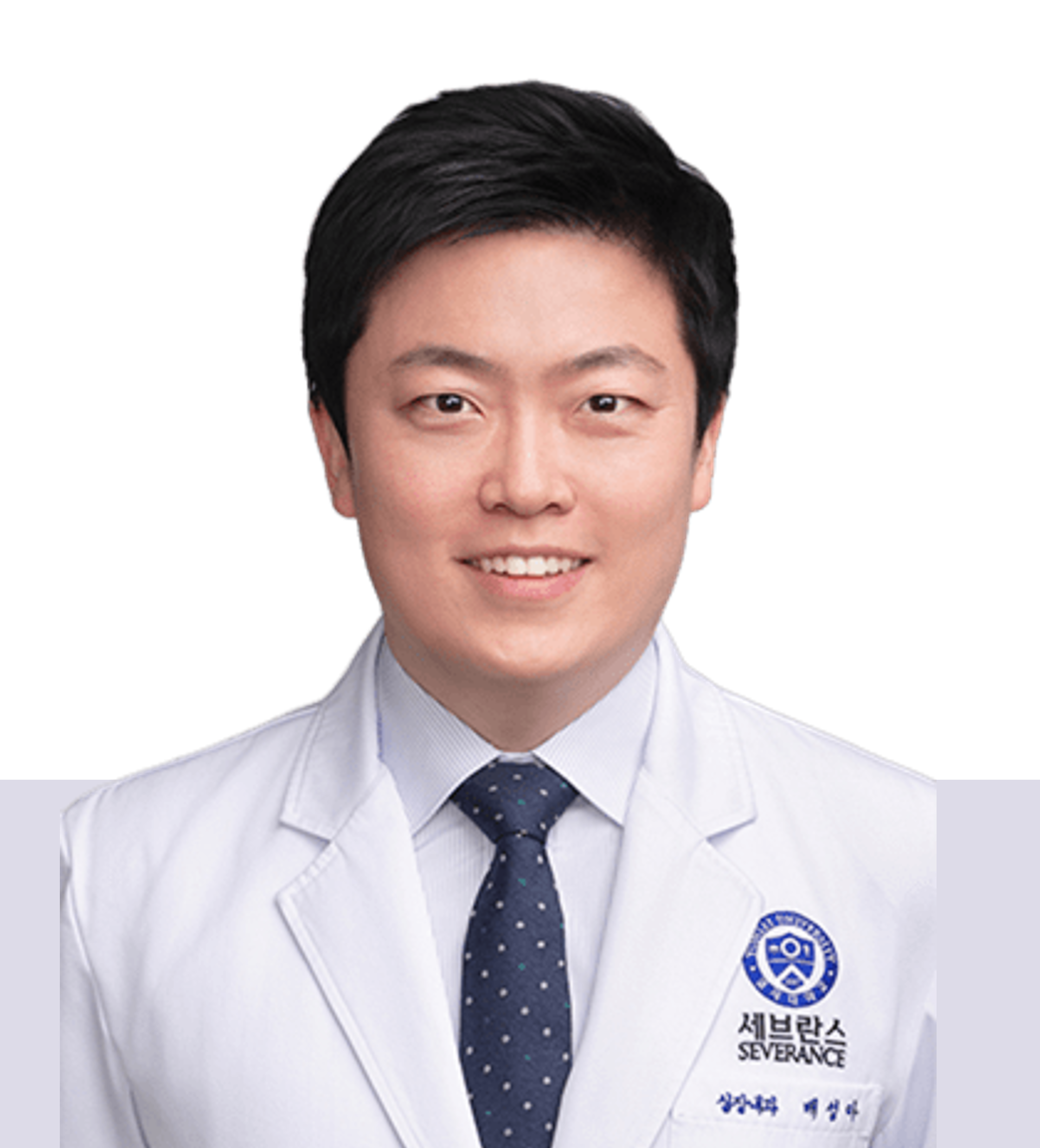
Artificial intelligence-based coronary artery disease screening versus usual care for patients with suspected coronary artery disease: AI-Gatekeeper randomized controlled trial
SungA Bae Yonsei University, Republic of Korea 15:20~15:40 - Panel Discussion 15:40~16:10
Chairperson(s) : Donghoon Choi (Yonsei University, Republic of Korea), Woo Je Lee (University of Ulsan, Republic of Korea)
Panel(s) : Hoyoun Won (Chung-Ang University, Republic of Korea), Dae Young Cheon (Hallym University, Republic of Korea), Seong Huan Choi (Inha University, Republic of Korea), Hun Jee Choe (Hallym University, Republic of Korea)
DetailThis joint symposium, “Familial Hypercholesterolemia in the Era of Precision Medicine,” brings together experts from Korea, Japan, and Taiwan to explore cutting-edge strategies in FH care. The session will begin with an update on advances in FH management beyond statins, followed by a presentation on the role of genetic screening and cascade testing for early detection. A third lecture will address the question of cardiovascular risk in FH, focusing on how early intervention should be considered. The symposium will conclude with a panel discussion, providing an opportunity to share perspectives and experiences across the three countries, and to highlight the potential of precision medicine in shaping personalized management of FH.
-
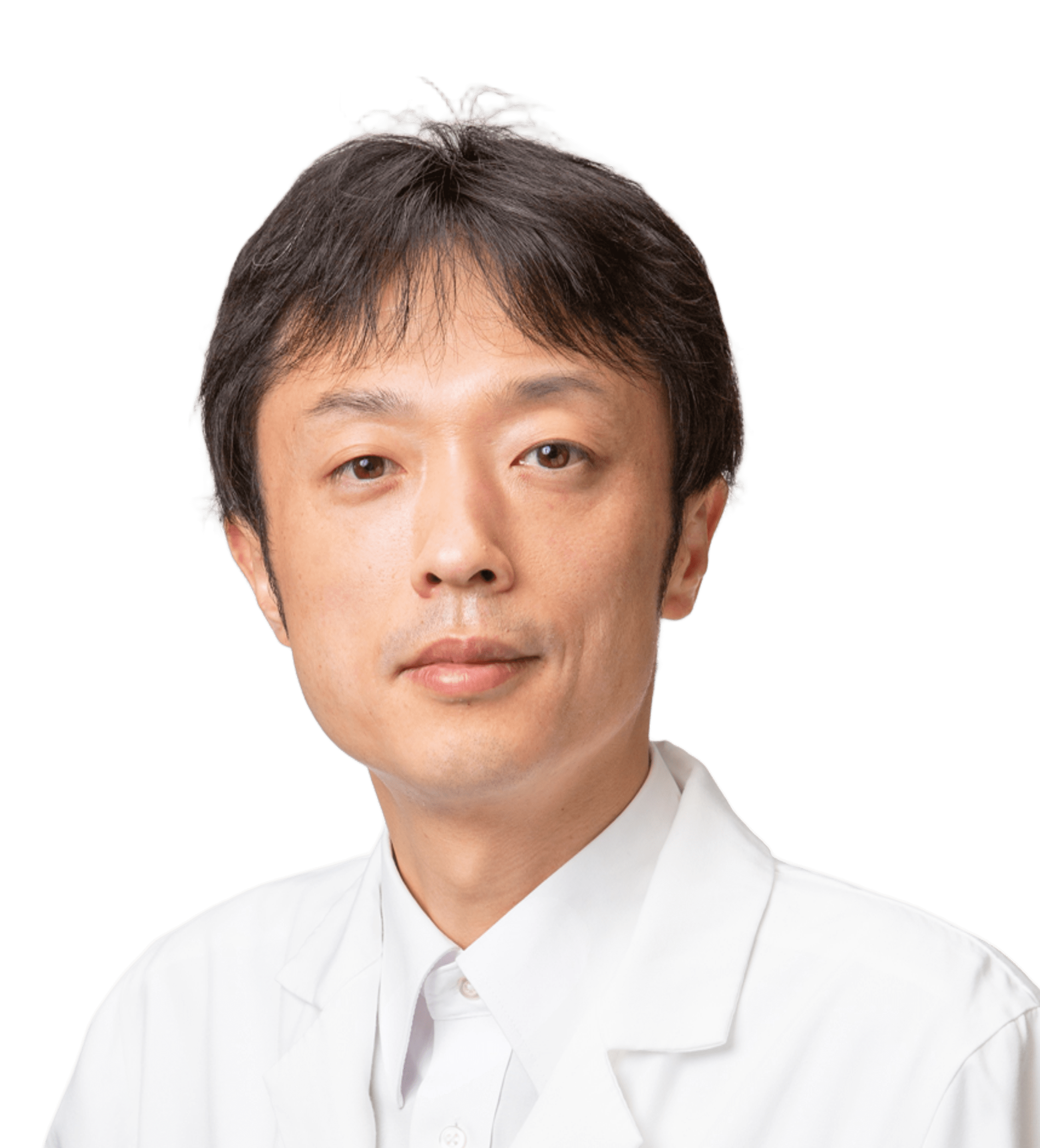
Early detection of FH: role of genetic screening and cascade testing
Hayato Tada Kanazawa University, Japan 16:20~16:40 -
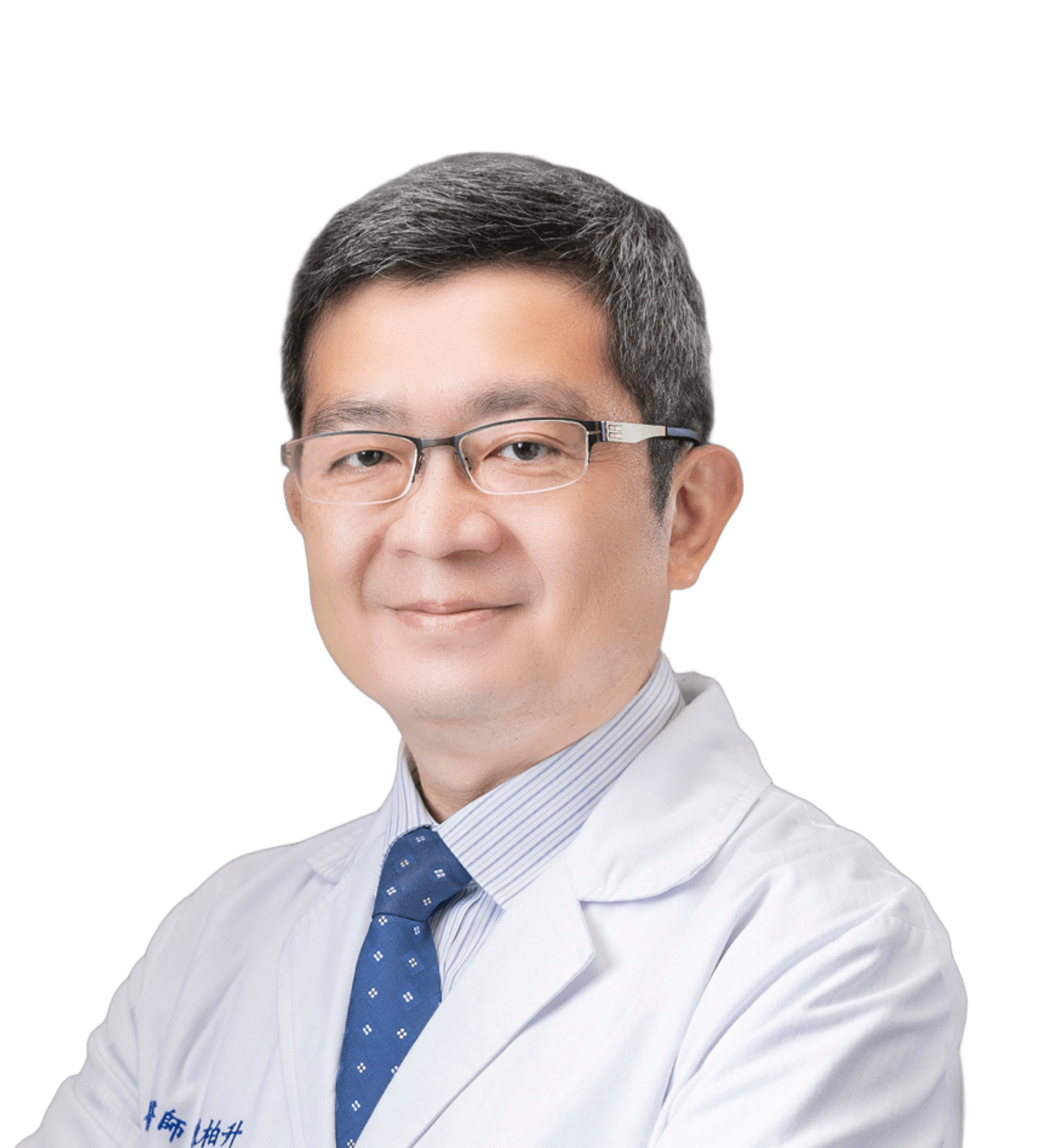
Cardiovascular risk in FH: how early is early enough for intervention
Po-Sheng Chen National Cheng Kung University, Taiwan 16:40~17:00 -

Beyond statins: advances in FH management
Chan Joo Lee Yonsei University, Republic of Korea 17:00~17:20 - Panel Discussion 17:20~17:50
Chairperson(s) : Hyo-Soo Kim (Seoul National University, Republic of Korea)
Panel(s) : Dong-Hwa Lee (Chungbuk National University, Republic of Korea), Oh-Hyun Lee (Yonsei University, Republic of Korea)
Chairperson(s) : Jae Bum Kim (Seoul National University, Republic of Korea), Hyeong Kyu Park (Soonchunhyang University, Republic of Korea)
Panel(s) : Ung Kim (Yeungnam University, Republic of Korea), Da Young Lee (Korea University, Republic of Korea), Jong-Young Lee (Sungkyunkwan University, Republic of Korea)
DetailIn AAS-KSoLA Joint Symposium, we will learn about current insights and future directions on comprehensive strategies for the prevention of atherosclerosis. In the first lecture, Professor Andrew Murphy, an invited lecturer of the Australian Atherosclerosis Society, will present a lecture on emerging biomarkers and anti-inflammatory treatments related to the topics of atherosclerosis and inflammation. In the next lecture, we will learn about the role of digital health technology in managing atherosclerosis. In the last lecture, we prepared an opportunity to hear about the effects of lipid-lowering treatment on the progression of aortic aneurysms and clinical outcomes. This session will provide a comprehensive overview of the research achievements in the basic fields related to the progression of atherosclerosis and the digital management system, as well as the effects of lipid-lowering agents on the progression of aortic aneurysms, which are clinically significant diseases.
-

Metabolic disease promotes deoxyceramide accumulation in immune cells altering cytokine production
Andrew Murphy Baker Heart and Diabetes Institute, Australia 08:30~08:50 -

The role of digital health technology in managing atherosclerosis
Hojin Choi Hanyang University, Republic of Korea 08:50~09:10 -
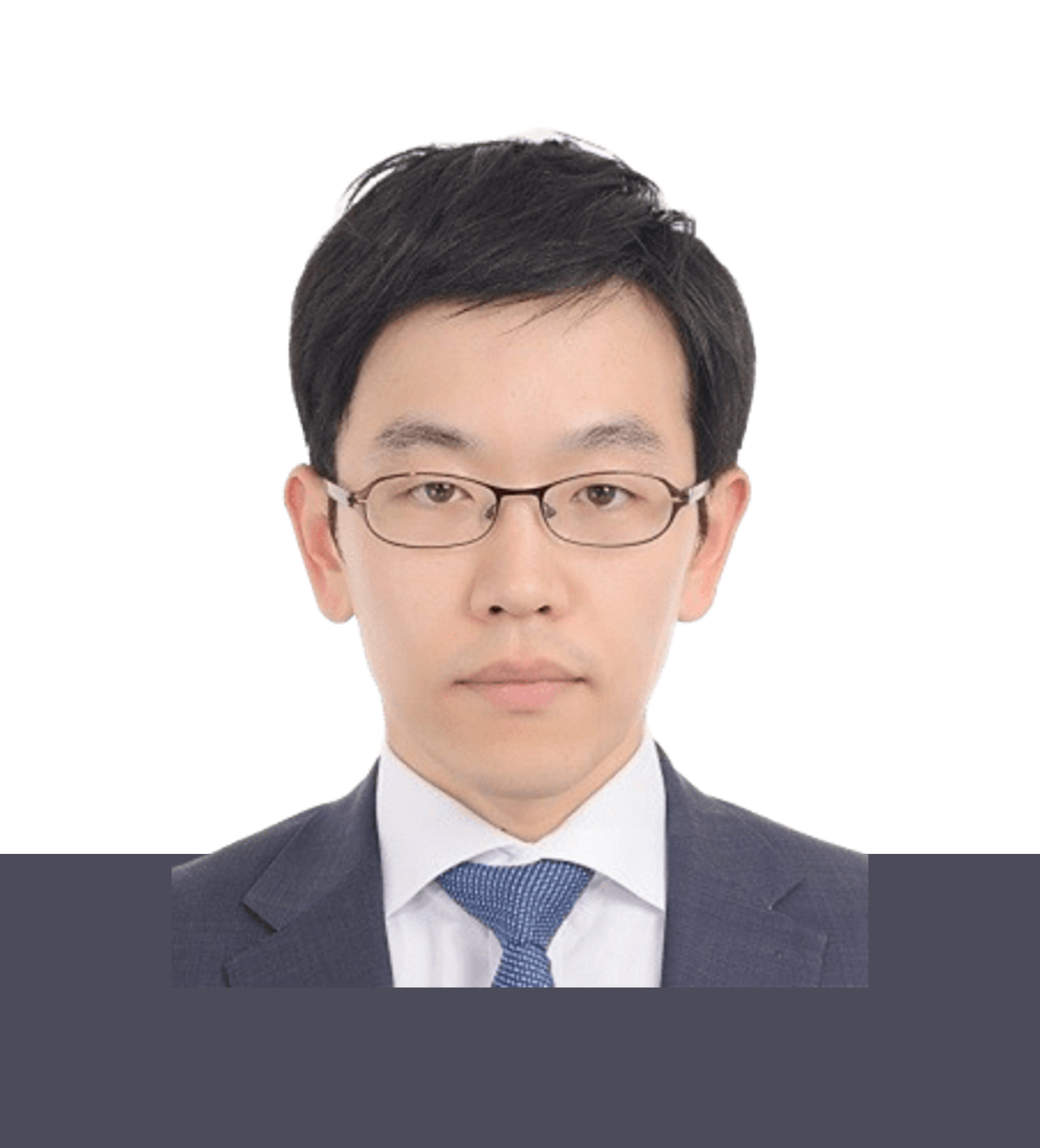
Impact of lipid-lowering therapy on aortic aneurysm progression and cardiovascular outcomes
Gyu Chul Oh The Catholic University of Korea, Republic of Korea 09:10~09:30 - Panel Discussion 09:30~10:00
Chairperson(s) : Moon-Kyu Lee (Eulji University, Republic of Korea)
Panel(s) : Soo Kyoung Kim (Gyeongsang National University, Republic of Korea), Subin Lim (Ewha Womans University, Republic of Korea)
Chairperson(s) : Eung Gyu Kim (Inje University, Republic of Korea), Kwang-Yeol Park (Chung-Ang University, Republic of Korea)
Panel(s) : Hyung-Min Kwon (Seoul National University, Republic of Korea), Bum Joon Kim (University of Ulsan, Republic of Korea), Woo-Keun Seo (Sungkyunkwan University, Republic of Korea), Jin-Man Jung (Korea University, Republic of Korea)
DetailAlthough luminal narrowing has traditionally guided our understanding of intracranial atherosclerosis and captured clinicians’ attention, growing evidence reveals that its impact reaches well beyond narrowing alone. This session, “What Is Important beyond Stenosis in Intracranial Atherosclerosis,” explores three key dimensions-vascular tortuosity and plaque burden, vessel wall enhancement and inflammation, and blood viscosity’s role in cerebral flow and stroke risk. Professor Mi-Yeon Eun, who is a stroke neurologist and neuro-interventionist from Kyungbook National University Chilgok Hospital, Republic of Korea, will present the relation between intracranial vascular tortuosity and overall atherosclerosis burden. Professor Dong-Wan Kang, a stroke neurologist from Seoul National University Bundang Hospital, Republic of Korea, will present the clinical impact of vascular enhancement and inflammation detected from high resolution vessel wall MRI. Professor Ho Geol Woo, a stroke neurologist and neuro-interventionist from Kyung Hee University Hospital, Republic of Korea, will present how blood viscosity affect development and stability of intracranial atherosclerosis. Together, these insights push us toward a more holistic approach to diagnosis and management of intracranial atherosclerosis.
-
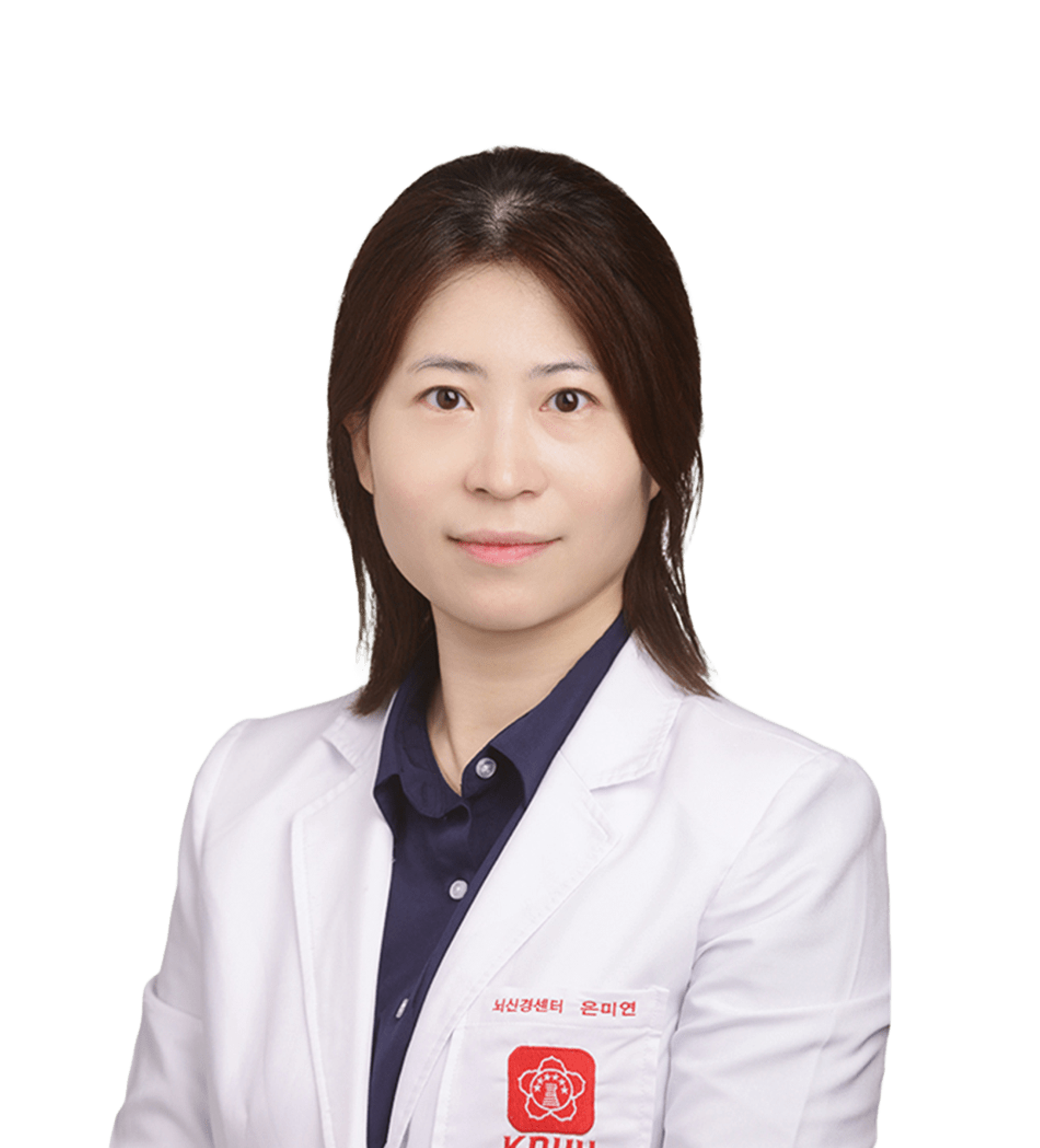
Vascular tortuosity and atherosclerosis burden
Mi-Yeon Eun Kyungpook National University, Republic of Korea 13:00~13:20 -
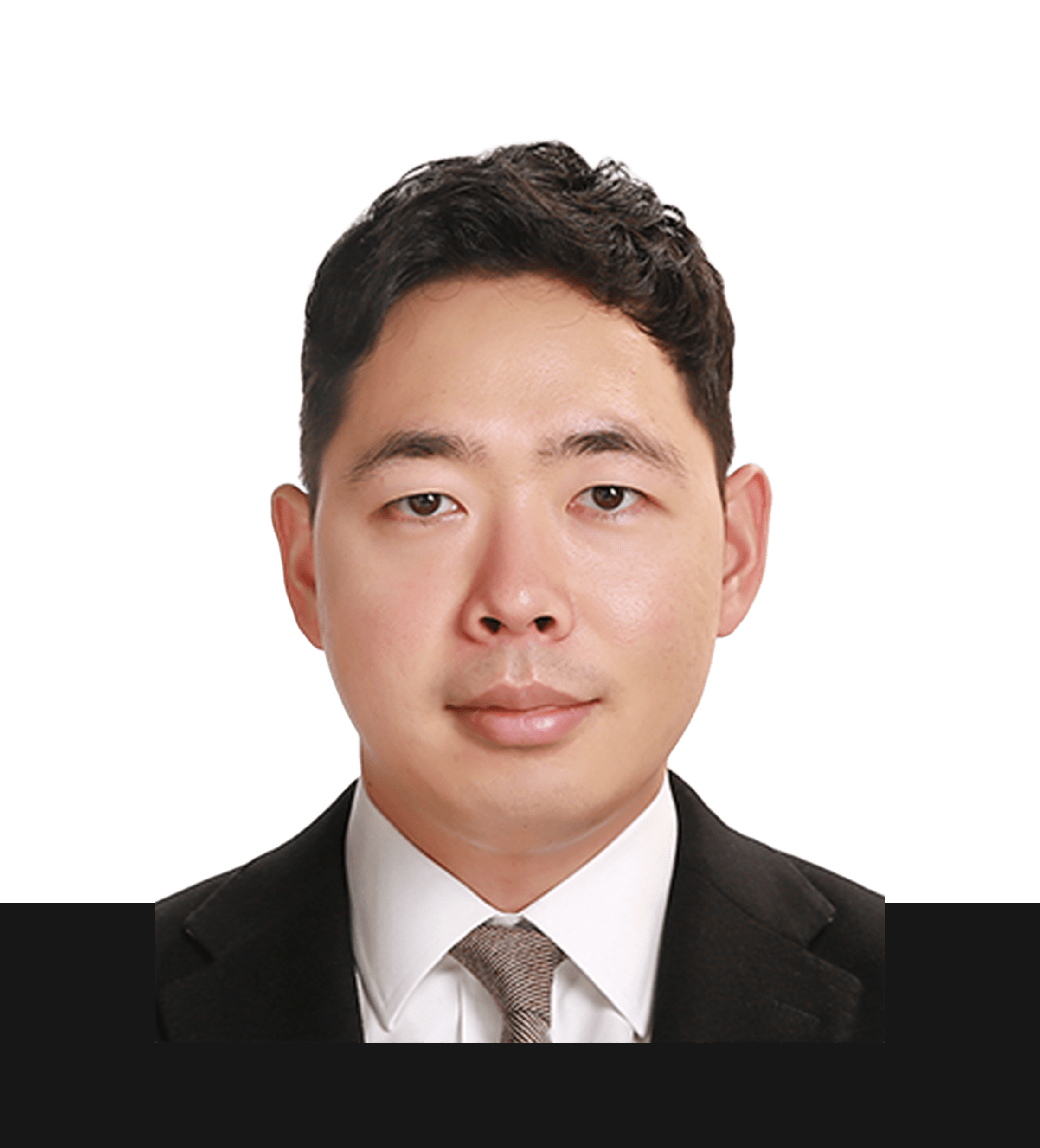
Vessel wall enhancement and inflammation
Dong-Wan Kang Seoul National University, Republic of Korea 13:20~13:40 -

Blood viscosity and intracranial atherosclerosis
Ho Geol Woo Kyung Hee University, Republic of Korea 13:40~14:00 - Panel Discussion 14:00~14:30
Chairperson(s) : Ki Hoon Han (University of Ulsan, Republic of Korea), Eun-Jung Rhee (Sungkyunkwan University, Republic of Korea)
Panel(s) : Hyun-Suk Yang (Konkuk University, Republic of Korea), Jong-Young Lee (Sungkyunkwan University, Republic of Korea), Jung Rae Cho (Hallym University, Republic of Korea)
DetailThis session will explore ethnic-specific characteristics of dyslipidemia, with a focus on Asian populations, and discuss optimal lipid-lowering strategies tailored to diverse clinical needs. The first speaker, Professor Jaehoon Chung from Dongguk University, Republic of Korea, will focus on hypertriglyceridemia and low HDL-C commonly observed in Asian populations, introducing a novel approach to treatment prioritization. Next, Professor Chang Hee Jung from University of Ulsan, Republic of Korea, will discuss the need for combination lipid-lowering therapy in patients for whom statin monotherapy is insufficient, supported by recent clinical evidence. Finally, Professor Hoang Anh Tien from Hue University of Medicine and Pharmacy, Vietnam, will emphasize the importance of personalized treatment strategies that account for ethnic differences between Asian and Western populations, highlighting both regional guideline variations and shared principles. Join us for this session to gain practical insights into diverse lipid management strategies applicable to clinical practice.
-
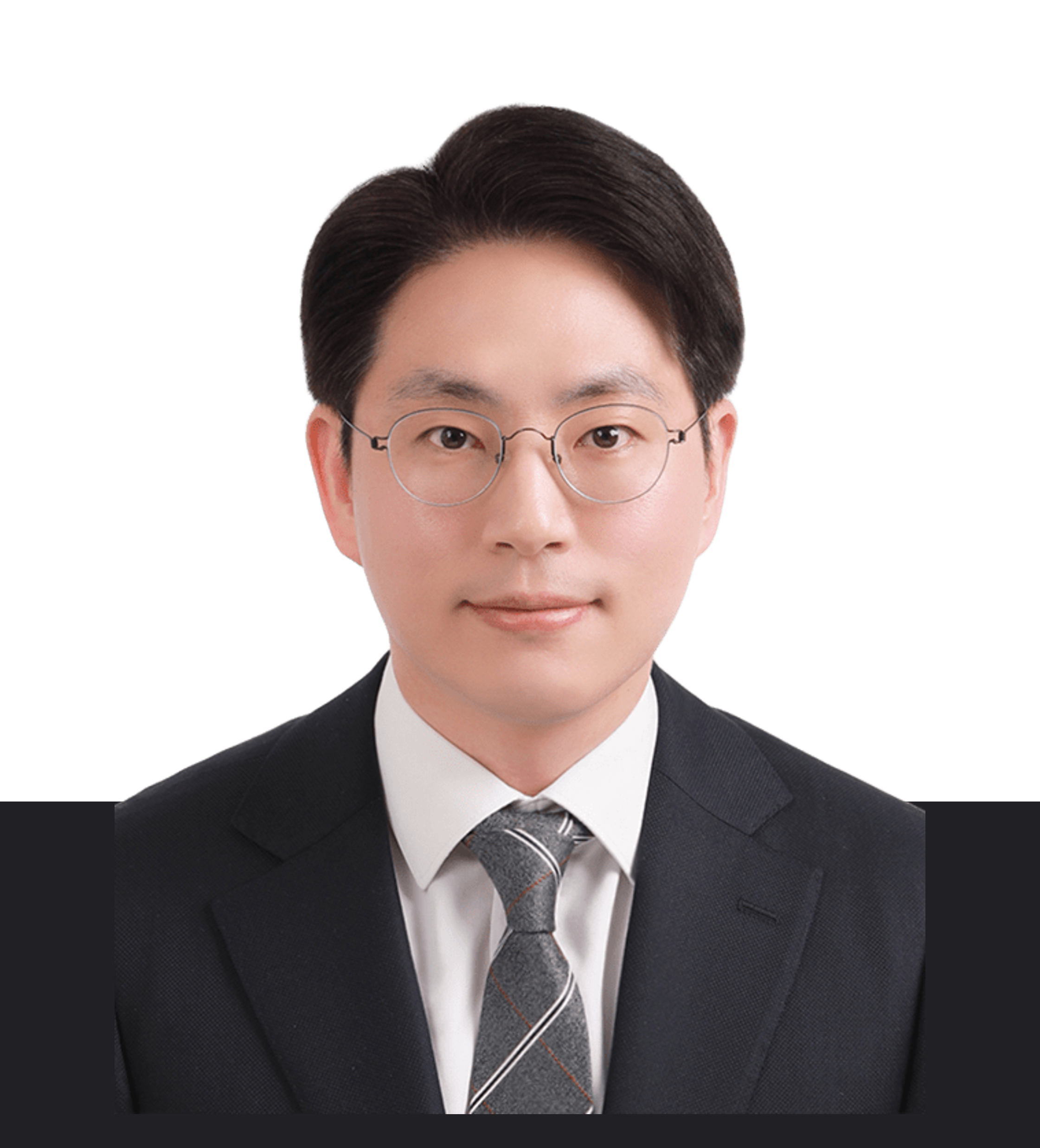
Triglyceride and HDL-C focus in Asian populations: rethinking priorities?
Jaehoon Chung Dongguk University, Republic of Korea 16:45~17:05 -

Combined lipid-lowering therapy: when statins alone are not enough
Chang Hee Jung University of Ulsan, Republic of Korea 17:05~17:25 -
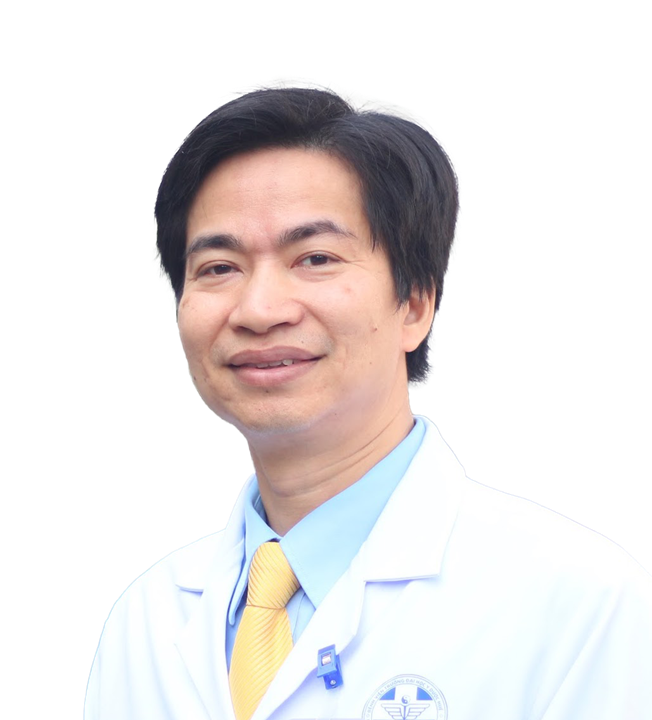
Ethnic differences in managing dyslipidemia: tailoring treatment strategies for Asian and Western populations
Hoang Anh Tien Hue University of Medicine and Pharmacy, Vietnam 17:25~17:45 - Panel Discussion 17:45~18:15
Chairperson(s) : Soon Jun Hong (Korea University, Republic of Korea), Ade Meidian Ambari (Universitas Indonesia, Indonesia)
Panel(s) : Bambang Widyantoro (Universitas Indonesia, Indonesia)
-
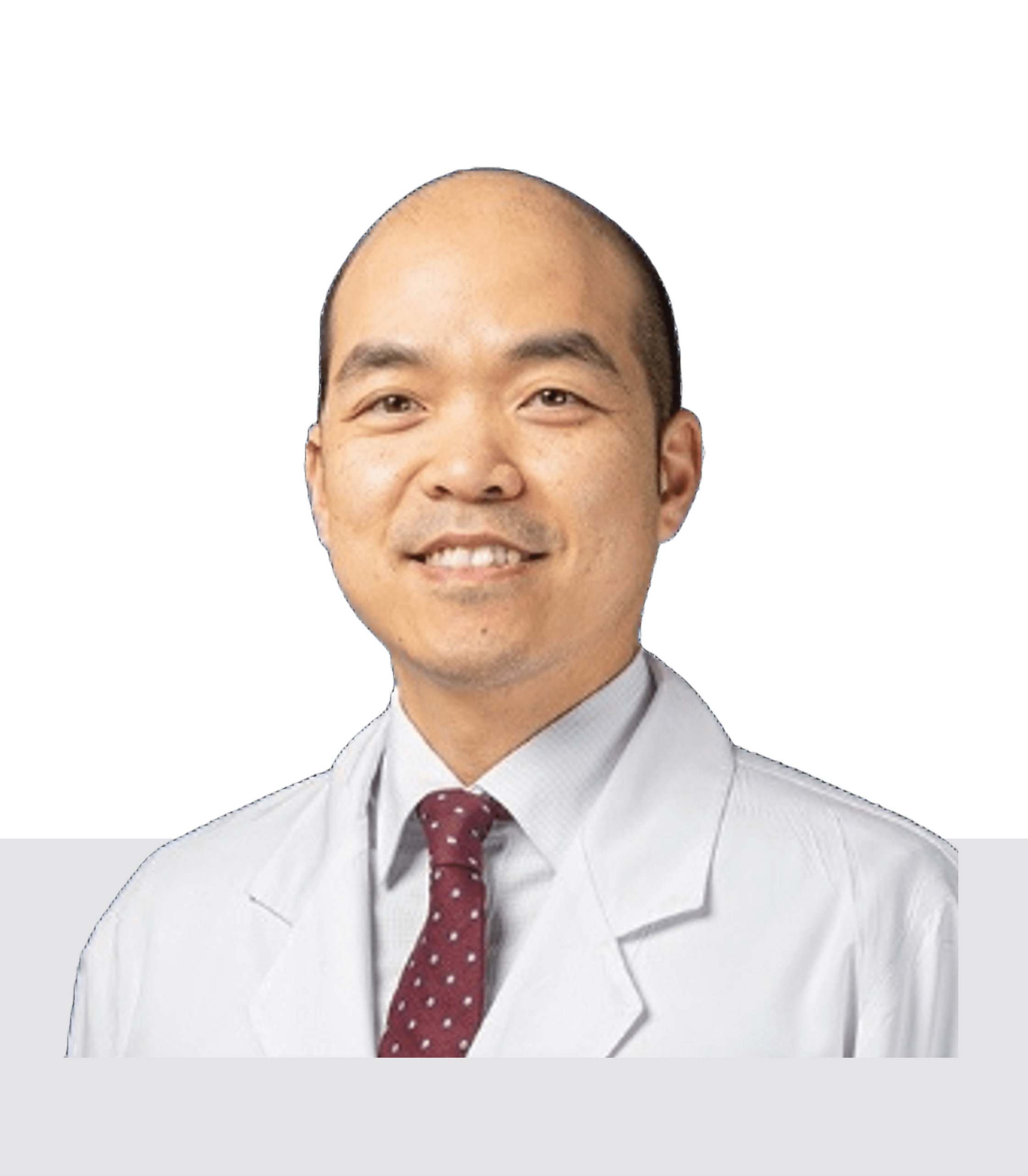
Minimizing LDL-C variability via sustained, long-term efficacy
Youngwoo Jang Gachon University, Republic of Korea 07:50~08:05 -

The lower the better: Rosuvastatin’s next option for dyslipidemia management
Jina Choi Seoul National University, Republic of Korea 08:05~08:20 - Panel Discussion 08:20~08:25
- MOU Ceremony - The Indonesian Heart Association (IHA) & The Korean Society of Lipid and Atherosclerosis (KSoLA) 08:25~08:35
Chairperson(s) : In-Ho Chae (Seoul National University, Republic of Korea), Jeong Hyeon Noh (Inje University, Republic of Korea)
Panel(s) : Yeoree Yang (The Catholic University of Korea, Republic of Korea), Seung Hun Lee (Chonnam National University, Republic of Korea), Sang Yup Lim (Korea University, Republic of Korea), Jung Rae Cho (Hallym University, Republic of Korea)
DetailThis session, held as a joint symposium with the Canadian Society of Atherosclerosis, Thrombosis and Vascular Biology (CSATVB), will discuss how lifelong LDL cholesterol burden affects cardiovascular health and highlight the importance of timely, targeted prevention, while also extending the discussion to ApoB and non-HDL cholesterol as markers for early risk assessment. Professor Warren Lee (University of Toronto, Canada) will describe the mechanisms by which LDL particles cross the vascular endothelium and promote atherosclerosis, with a focus on endothelial transcytosis as a potential therapeutic target. Following this, Professor Aram Yang (Sungkyunkwan University, Republic of Korea) will address cardiovascular risk management in youth, discussing when and how to intervene for optimal long-term outcomes. The session will conclude with Professor Jae Hyoung Park (Korea University, Republic of Korea), who will examine the role of ApoB and non-HDL cholesterol in the early prevention of cardiovascular disease. Overall, this joint symposium integrates mechanistic insights with practical strategies to support lifelong cardiovascular risk reduction.
-

Cumulative LDL-cholesterol burden and cardiovascular risk: the unsuspected role of LDL transcytosis
Warren Lee Unity Health Toronto and University of Toronto, Canada 08:50~09:10 -

Dyslipidemia in youth: why early intervention matters for lifelong cardiovascular health
Aram Yang Sungkyunkwan University, Republic of Korea 09:10~09:30 -
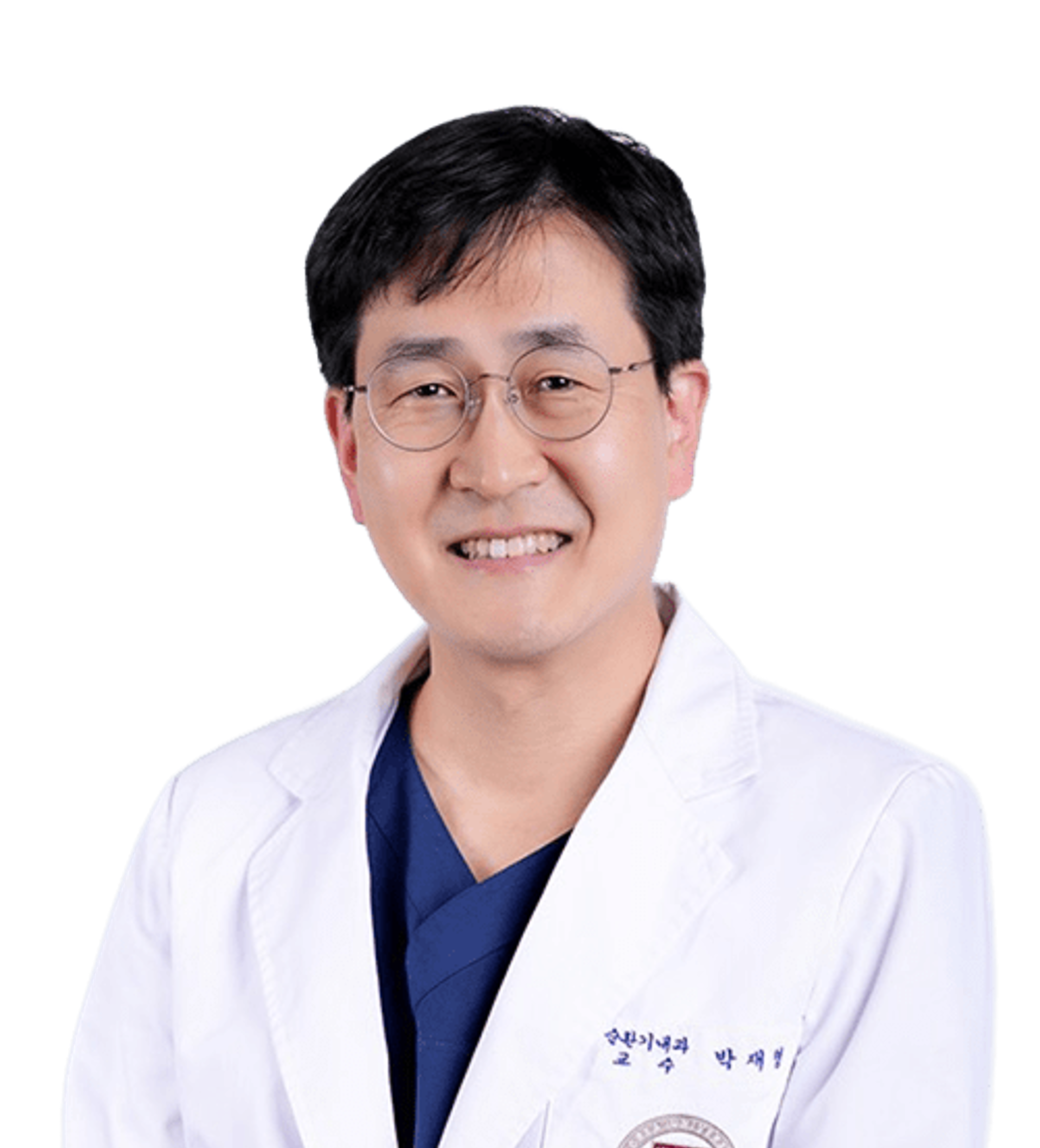
Beyond LDL-C: role of ApoB and non-HDL cholesterol in early prevention
Jae Hyoung Park Korea University, Republic of Korea 09:30~09:50 - Panel Discussion 09:50~10:20
Chairperson(s) : Myung Ho Jeong (Gwangju Veterans Hospital, Republic of Korea)
Panel(s) : Yu Ji Kim (Jeonbuk National University, Republic of Korea), Ki Hong Choi (Sungkyunkwan University, Republic of Korea)
Chairperson(s) : Hyojee Joung (Seoul National University, Republic of Korea), Min-Jeong Shin (Korea University, Republic of Korea)
Panel(s) : Hyunju Kang (Keimyung University, Republic of Korea), Bohkyung Kim (Pusan National University, Republic of Korea), Dahyun Park (Korea University, Republic of Korea), Hyunjung Lim (Kyung Hee University, Republic of Korea)
DetailThe KoSFoST–KSoLA Joint Symposium on the “Role of Medicinal Foods in Atherosclerosis and Cardiometabolic Disease” was co-organized by the Health Functional Foods Division of the Korean Society of Food Science and Technology (KoSFoST) and the Korean Society of Lipid and Atherosclerosis (KSoLA). Professor Hun-Jun Park (Catholic University of Korea, Republic of Korea) will discuss novel health functional products designed to prevent pathological remodeling after myocardial infarction. Professor Sung Keun Jung (Kyungpook National University, Republic of Korea) will highlight how ultrasonicated Lespedeza cuneata extract can prevent early atherosclerosis, underscoring the critical role of processing techniques. Finally, Dr. Jiyun Ahn (Korea Food Research Institute, Republic of Korea) will examine strategies for regulating mitochondrial metabolic reprogramming during aging and provide systematic insights for anti-aging interventions. Following these distinguished presentations, the session will proceed with in-depth discussions regarding the role and practical development of medicinal foods in managing atherosclerosis and cardiometabolic disease.
-
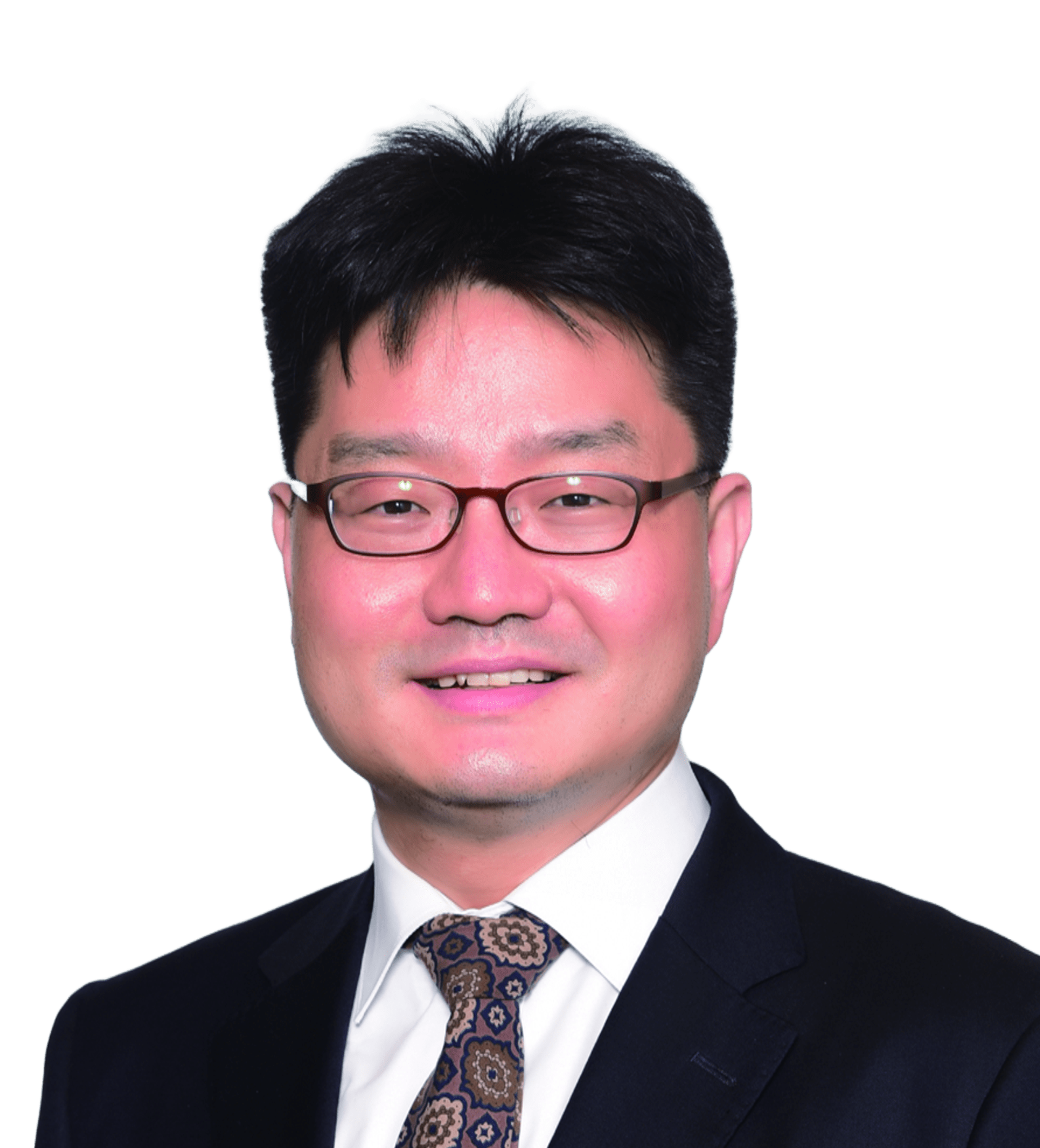
Novel health functional products to prevent post-MI pathologic remodeling
Hun-Jun Park The Catholic University of Korea, Republic of Korea 14:50~15:10 -
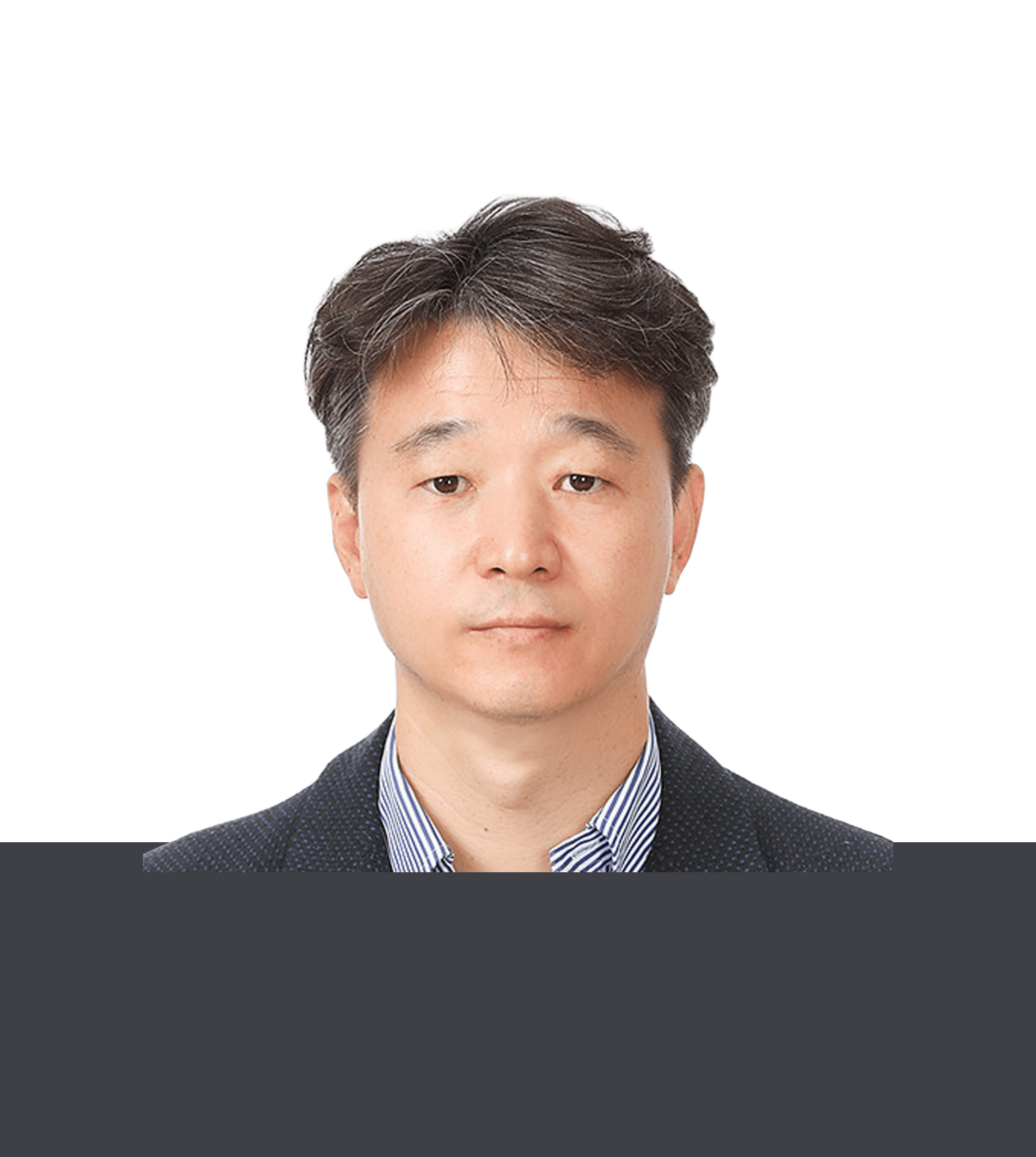
Ultrasonicated Lespedeza cuneata extract prevents TNF-α-induced early atherosclerosis in vitro and in vivo
Sung Keun Jung Kyungpook National University, Republic of Korea 15:10~15:30 -

Regulation of mitochondrial metabolic reprogramming during aging
Jiyun Ahn Korea Food Research Institute, Republic of Korea 15:30~15:50 - Panel Discussion 15:50~16:20
Chairperson(s) : Sang-Hyun Kim (Seoul National University, Republic of Korea), Woo Je Lee (University of Ulsan, Republic of Korea)
Panel(s) : Mi-Hyang Jung (The Catholic University of Korea, Republic of Korea), Eun Jeong Cho (Chung-Ang University, Republic of Korea), Ji Hye Huh (Hallym University, Republic of Korea)
DetailThe importance of remnant cholesterol has been increasingly highlighted in atherosclerotic cardiovascular diseases and various other diseases. First, Prof. Alberto Zambon from the University of Padua, Italy, will present on the mechanisms by which remnant cholesterol contributes to atherosclerotic cardiovascular disease and its clinical significance. Next, Prof. Soo Yeon Jang from Korea University, Republic of Korea, will present the role of remnant cholesterol in chronic kidney disease, and Prof. Han Na Jung from Hallym University, Republic of Korea, will present on its role in dementia. Lastly, Prof. Meral Kayikcioglu from Ege University, Türkiye, will present the role of remnant cholesterol in women's cardiometabolic health. We hope this session will reaffirm the importance of remnant cholesterol and serve as an opportunity to broaden our knowledge.
-

Remnant cholesterol as a key contributor to atherosclerotic cardiovascular disease (ASCVD): mechanisms and clinical implications
Alberto Zambon University of Padua, Italy 16:20~16:40 -

The role of remnant cholesterol in chronic kidney disease (CKD)
Soo Yeon Jang Korea University, Republic of Korea 16:40~16:55 -

Association between remnant cholesterol and dementia: potential mechanisms and clinical perspectives
Han Na Jung Hallym University, Republic of Korea 16:55~17:10 -

Remnant cholesterol in women’s cardiometabolic health
Meral Kayikcioglu Ege University, Türkiye 17:10~17:30 - Panel Discussion 17:30~17:50

